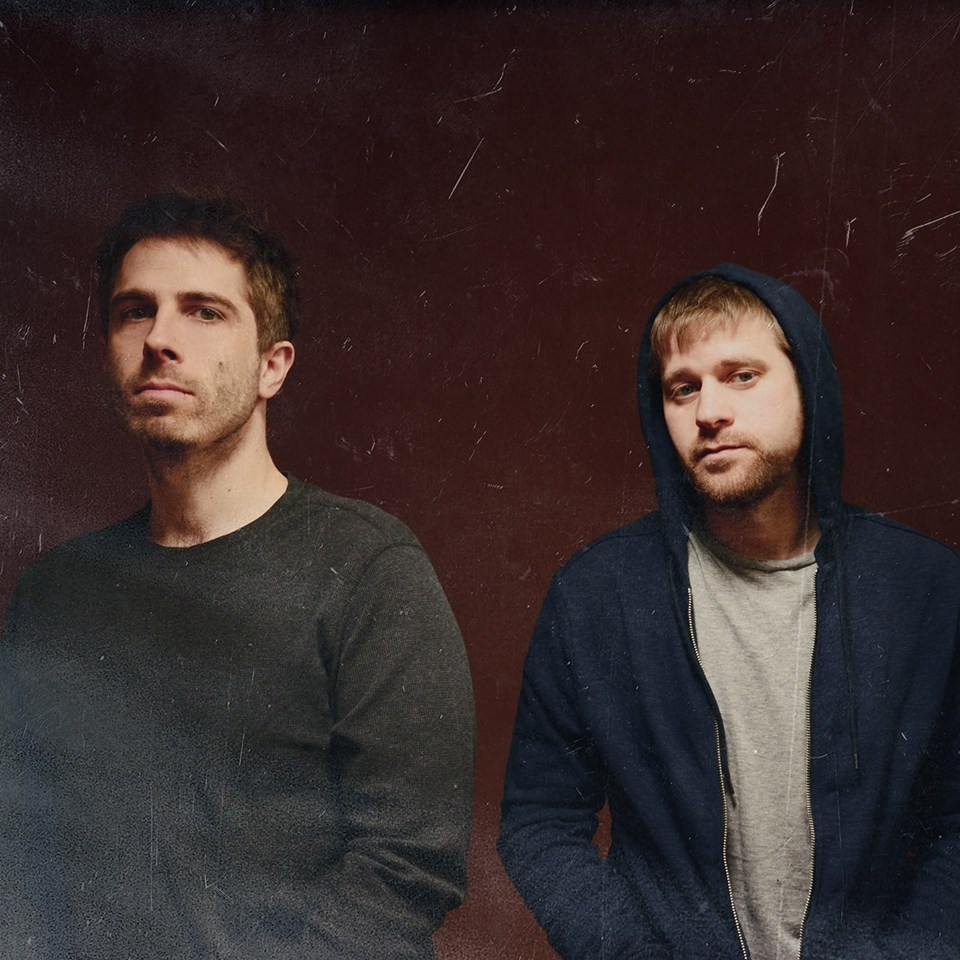The Smell of Teen Spirit, 27 Years Later: Remembering Nirvana’s ‘Nevermind’
Graphic T-Shirts, The Breakfast Club, 1991. The common denominator: Nirvana.
Spencer Elden, better known as the “Nirvana baby” is 27, and so is the album “Nevermind,” released in September of 1991. It is difficult to believe that the band’s sophomore effort dropped almost three decades ago, especially considering their influence beyond Generation X. You may have seen a teenager who is unaware of the band’s musical catalogue sporting a shirt they picked up from their local Target, because the faded shirt with the photo or logo of a musician is the trend.
“Nevermind” is also now the same age as Cobain when he passed, and yet, the album still manages to hold a relevance beyond not just time, but genre and media platform as well. Artists have even incorporated lead singer, Kurt Cobain’s name into their own persona, like Houston rapper Kirko Bangz.
Surpassing Michael Jackson’s “Dangerous” on Billboard was a feat. Birthing the new style of grunge and alternative rock was groundbreaking. Selling over 30 million units worldwide to date is something many artists will never get to experience. The thing is, none of this happened overnight.
Upon the first week release, “Nevermind” sold a mere 6,000 copies in a time where compact discs (CD’s) were the primary method of buying music. Let that sink in. Nirvana’s road to success was a journey over time, something that is becoming more foreign to understand the more we see artists go from a couple thousand to millions of views overnight from a simple hashtag. Jumping from 144 to number one on the Billboard 200 along with living there for over 300 weeks displays how well time contributed to their success. Of course, the untimely passing of Cobain increased the popularity of the album, but the impact of the band as a whole was a process.
With the 27th anniversary of “Nevermind,” let us remember the importance of the slow burn. Never mind that “Nevermind” took years to accumulate the reach it has today, that doesn’t matter. The impact is still here in the now, all thanks to the journey of time and creating their own trend. Not following the status quo ironically became a trend of its own, and in the end it paid off.
I hear the instrumental for “Come as You Are” in my head now, and see the impact Nirvana still has decades later.




